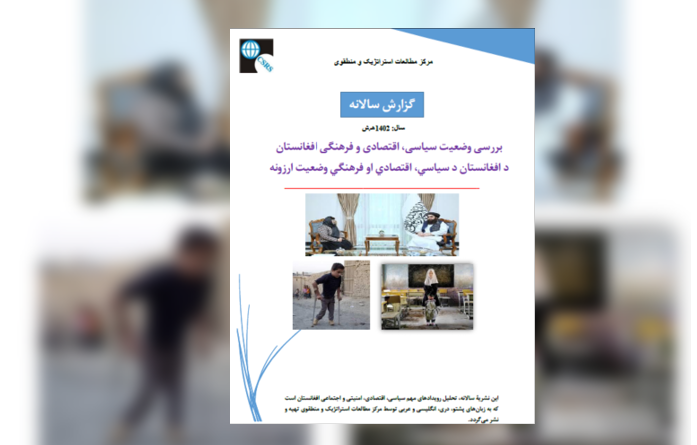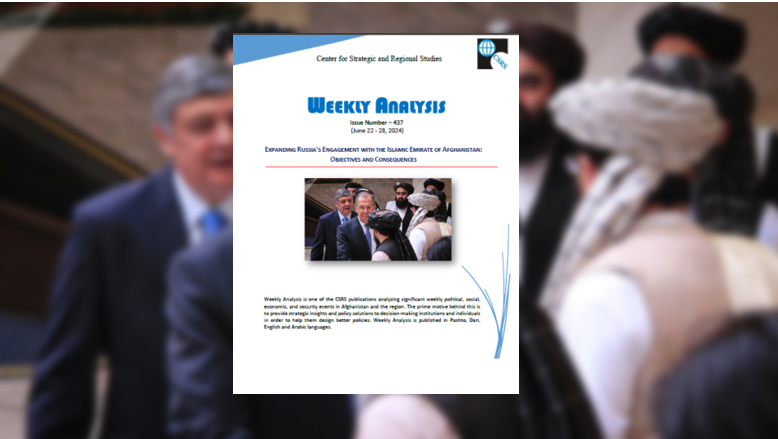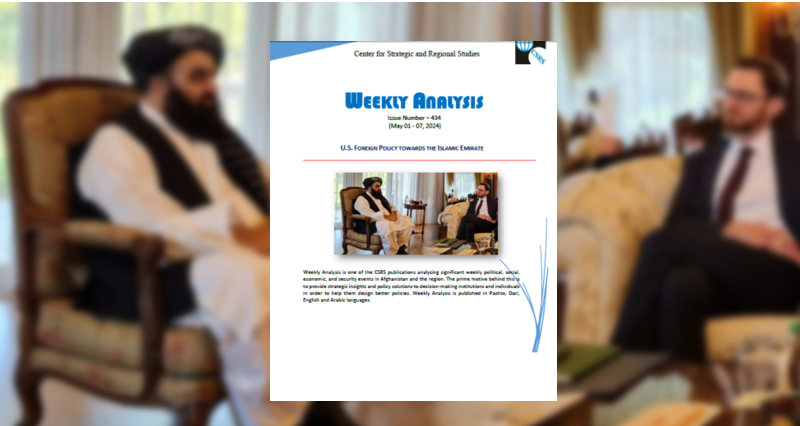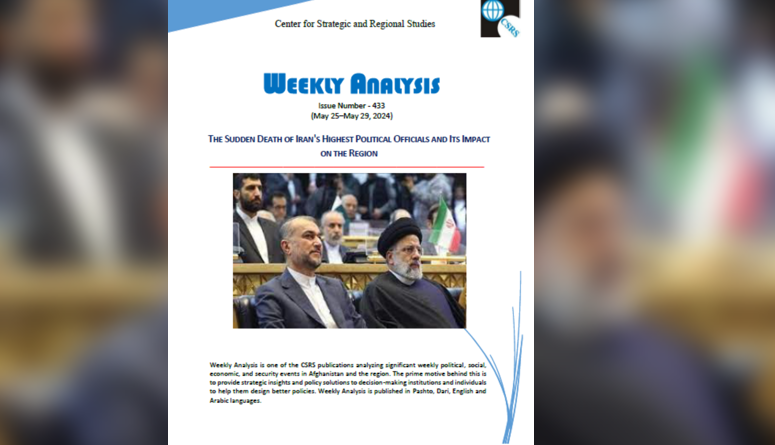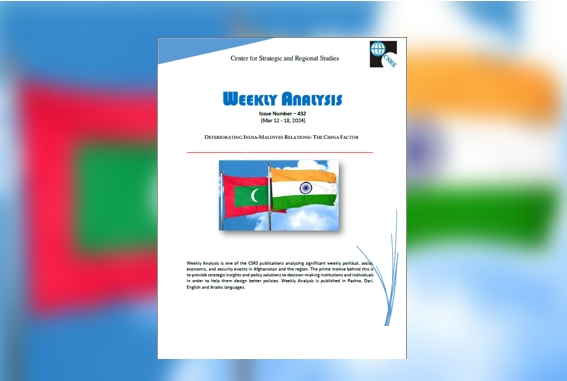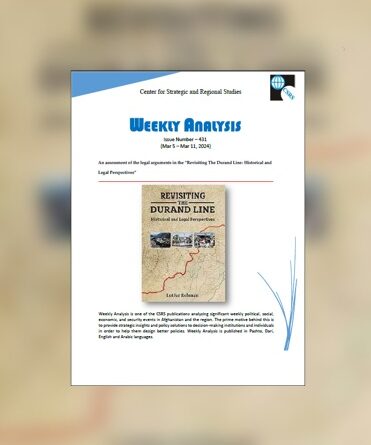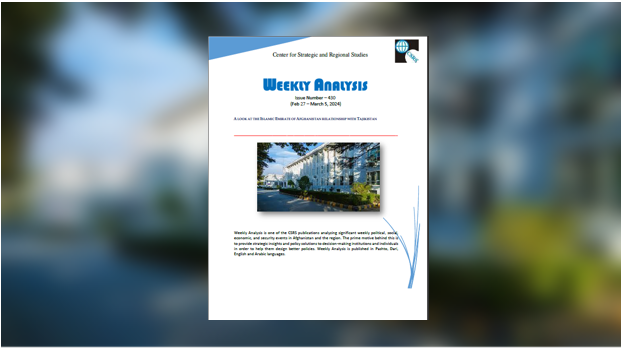There are three ways for the United States to engage with the Islamic Emirate:
Complete Isolation: Isolate the Islamic Emirate entirely and impose additional severe restrictions until they meet the U.S. demands.
Official Recognition: Recognize the Islamic Emirate officially and establish formal diplomatic relations with it.
Engagement without Recognition: Neither isolate it completely nor officially recognize it, but rather engage with it without formal recognition until the Islamic Emirate makes changes in its domestic policies.
So far, the United States has chosen the third path.
The specific objectives of U.S. foreign policy towards the Islamic Emirate include combating terrorism, fighting for the education and employment rights of girls, preventing drug trafficking, providing aid to prevent a humanitarian crisis, and evacuating U.S. allies from Afghanistan, and applying restrictions and pressure to make the Islamic Emirate meet its demands.
Read more

